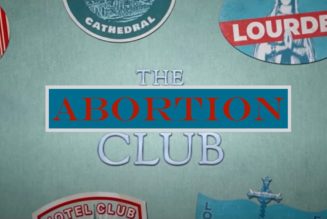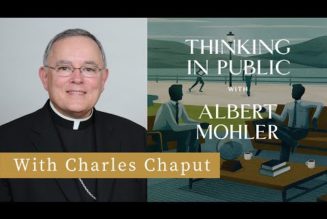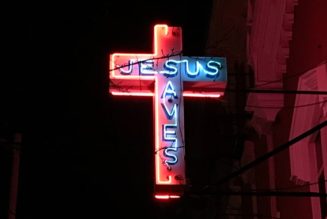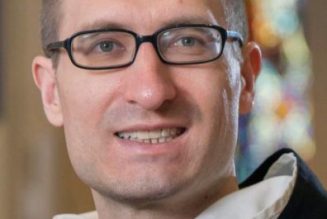The woman also said that as a result of the “brainwashing,” when she began to think about leaving, she told those at Opus Dei that she was “leaving because she gave them a bad image. She felt that she was useless, that she had failed God. That’s what they tell you.”
“They didn’t tell us that we were working. They told us that we were sanctifying ourselves, that what God was asking of us was to serve and that in this way we were helping to transform the world,” she said.
Torancio claims that Opus Dei must “publicly acknowledge what they did to us.”
“There are older women with a lot of health problems because of so much work and who can’t even retire,” she added.
Opus Dei’s response
Josefina Maradiaga, director of the communication office of Opus Dei in Argentina, told ACI Prensa that the BBC story deals with “questions raised more than a year ago through different media,” such as the Argentine newspaper La Nación and the Associated Press.
On both occasions, Opus Dei responded with a statement expressing its willingness to respond to the complaints and its desire to “receive, accompany, and ask forgiveness of those who have been in contact with or were part of Opus Dei and [whom] we haven’t been able to assist with the generosity and affection they needed.”
“As we have previously made public in a statement sent on June 23, we have allowed a period of time that was considered prudent to pass since the public accusations,” Maradiaga told ACI Prensa Aug. 2.
In the June 23 communiqué, Opus Dei said that Father Juan Llavallol, vicar of Opus Dei in the Plata Region (Argentina, Bolivia, Paraguay, and Uruguay) met with the person acting as “a spokesman for the women, the lawyer Sebastián Sal, on Nov. 5, 2021, with an open and listening attitude” in order to open channels of dialogue.
However, “despite the willingness of the prelature to open channels that would allow understanding the arguments and details of the situation of each one of these persons, it has not been possible to know and address each case personally and individually, creating an impediment to give an adequate response to each person.”
Maradiaga also told ACI Prensa that “in the absence of mandatory injunctions against the Prelature of Opus Dei, notification of a complaint by the ecclesiastical authorities, or fruitful channels of dialogue through the spokesman for the women, the prelature on its own initiative considered it necessary to set up a listening and study commission that would allow us to learn more about these experiences and the context in which they took place.”
(Story continues below)
“The goal is to gather all the possible elements about what happened and the conduct noted in those public accusations, so that the focus is not just on the accusations, that these elements are appreciated in their context and the pertinent measures are taken in each case, if applicable,” Maradiaga said.
The Listening Commission is chaired by Canadian Monique David. To contact the commission, you can write to [email protected] or you can call +54 911-7651-1950.
This story was first published by ACI Prensa, CNA’s Spanish-language news partner. It has been translated and adapted by CNA.
Join Our Telegram Group : Salvation & Prosperity









